- There is a lack of natural gas energy in the world. Russia and European countries near the Arctic will develop Arctic energy.
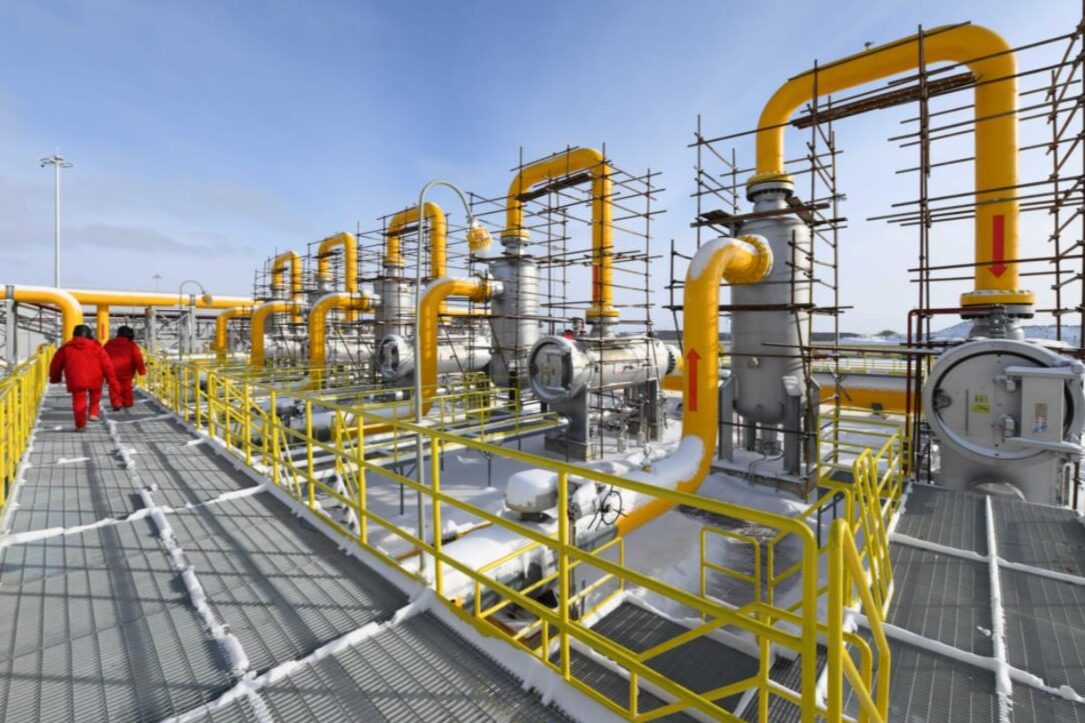
The political tensions between the EU and Russia over energy issues may open up a new cold front. This time it was in the North Pole. The EU’s proposal may push for a ban on the exploitation of new oil, coal and natural gas deposits in the Arctic in order to protect the region from further destructive climate change.
Russia is the main holder of the Arctic territory, where abundant hydrocarbons and fish resources have been found. It is not satisfied with the proposal that Russian Deputy Prime Minister Alexander Novak told CNBC on Thursday. They are politically motivated and absurd. of. "I was a little surprised when I heard the news yesterday. Why is the Arctic and why not the Equator? One can think of many places in the world where oil and gas production must be banned," he said in an interview with CNBC's Hadley Gamble.
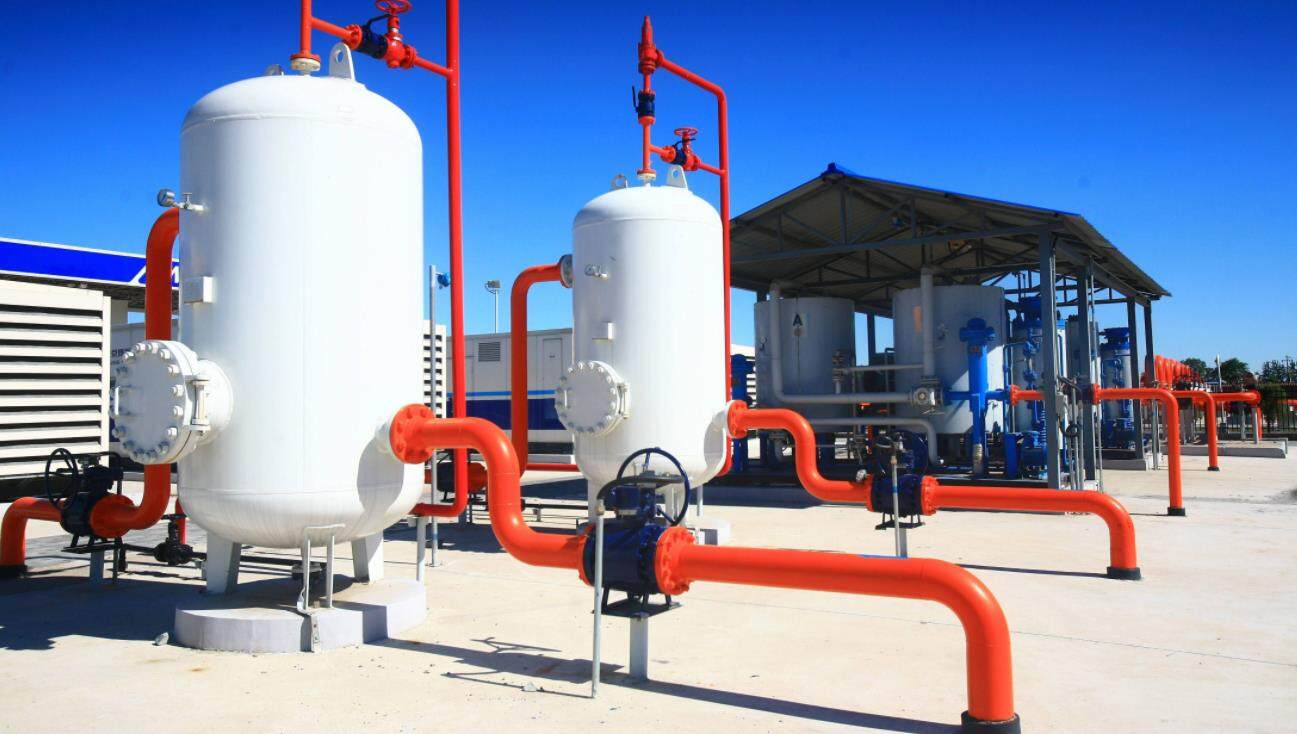
The EU proposal was made at a time when tensions between Russia and the EU over energy, especially natural gas, were already high. Due to tight supply, demand in Europe has been squeezed, and prices have been soaring. Russia has said that it has increased its natural gas supply, but critics say that Russia will export natural gas to the region for political purposes, mainly to allow Germany to certify the Beixi 2 natural gas pipeline. Russia denies that it is taking advantage of the European gas crisis. Russian President Vladimir Putin insisted to CNBC that Moscow did not use natural gas as a weapon.
Participants in the Arctic
Tensions among participants in the Arctic have been increasing over the years, especially considering that Russia has quietly expanded its political, economic, and military influence there. Unlike Russia, the EU is a relatively new participant in the Arctic. The EU itself is not a member of the Arctic Council. The Arctic Council is an intergovernmental forum that provides means to promote cooperation, coordination and interaction between Arctic countries. Although the Council includes EU member states Denmark, Finland and Sweden. However, the EU seems to be seeking to increase its role in the region, and in a proposal put forward by the European Commission on Wednesday, it stated that “the Arctic region has important strategic significance for the EU in terms of climate change, raw materials and geostrategic impact. "
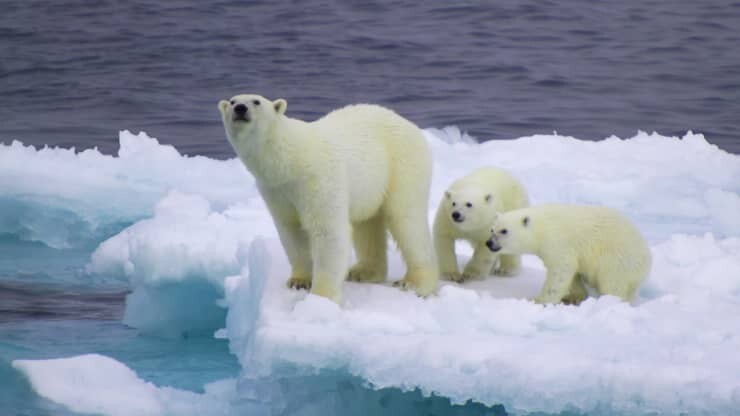
It expressed its commitment to “strengthening the EU’s presence in the region through “maintaining peace and constructive dialogue and cooperation in the ever-changing geopolitical landscape, maintaining security and stability in the Arctic” and “promoting the development of oil, coal, and natural gas”. participate". Stay underground, including in the Arctic region" and "support the inclusive and sustainable development of the Arctic region for the benefit of its residents and future generations." "The Arctic is an inseparable part of Russia's economy and territory. Its coastline accounts for 53% of the Arctic Ocean coastline. The total population of the region is about 2 million, accounting for about half of the world's population living in the Arctic. The Arctic Institute, a ring pole safe Research center. Keywords: engineering construction, engineering news
Russian Far East and Arctic Development Minister Alexei Chekunkov stated in June that “The Arctic is the engine of economic growth. It accounts for 10% of our GDP and 20% of our exports.” Russia is aware of sustainability In the region; under the Russian auspices of the Arctic Council as the theme, the location will be held until 2023 and is "Responsible Governance for the Sustainable Arctic." Sustainability is a big issue facing the region, and the region is being affected by Serious impact of climate change: According to the Norwegian Polar Institute, the Arctic is warming at approximately twice the global average rate. The Institute warns that “significant regional warming leads to sustained losses of sea ice and melting glaciers. And the melting of the Greenland ice sheet", which has serious consequences for humans and nature in the region and the world.Editor/XingWentao
Comment
 Praise
Praise
 Collect
Collect
 Comment
Comment
 Search
Search


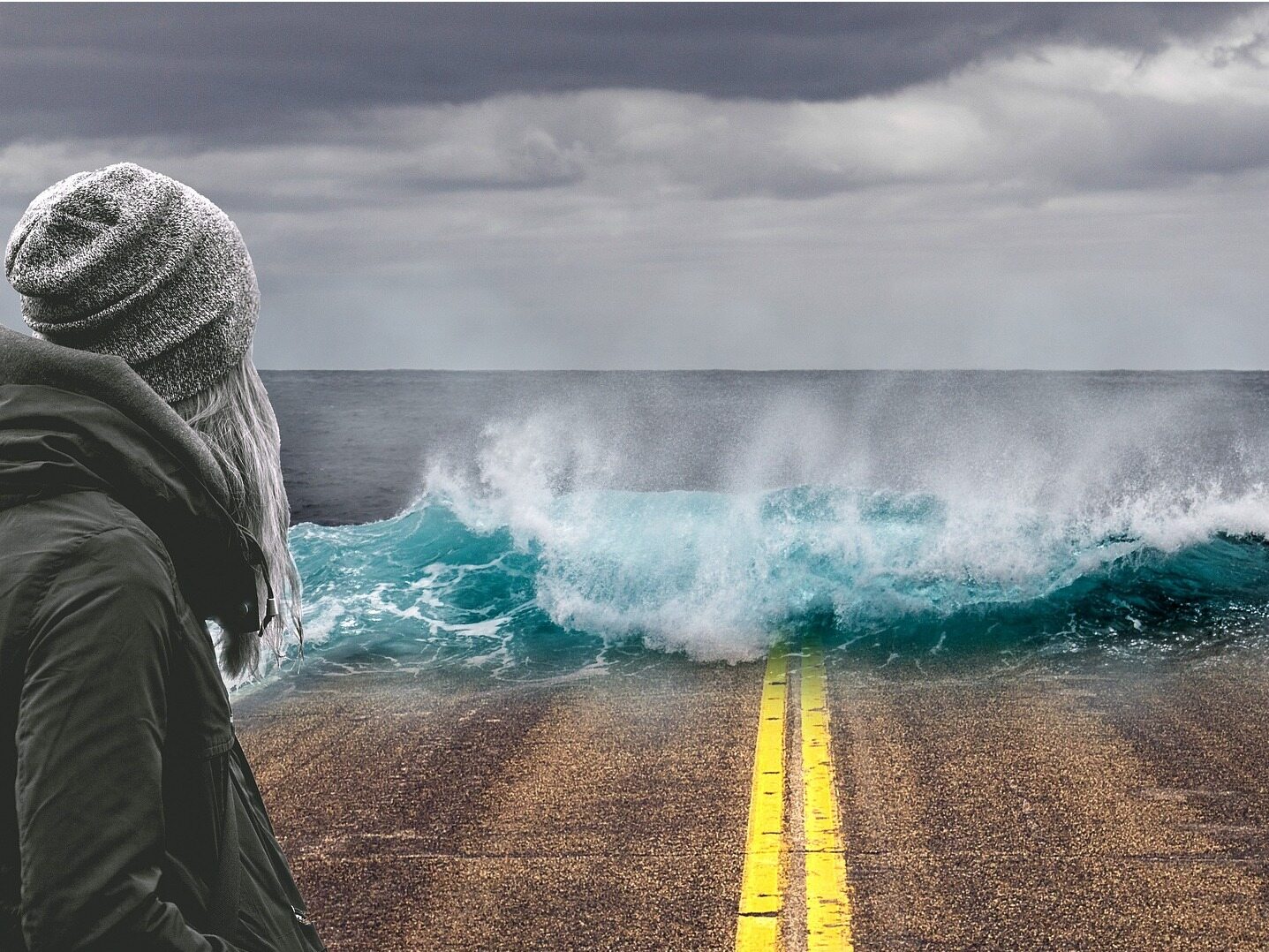
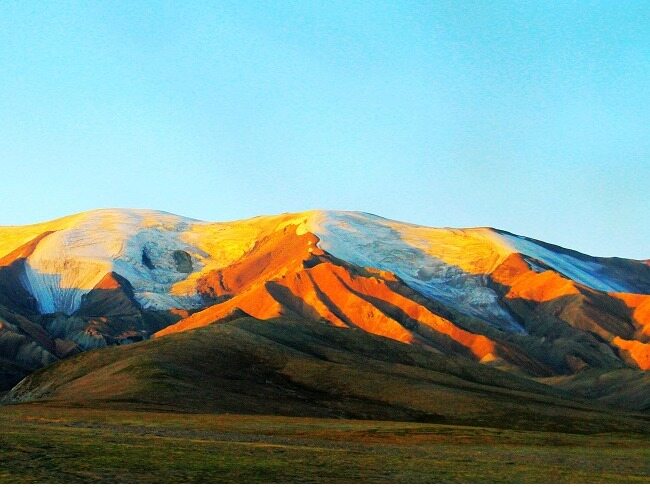
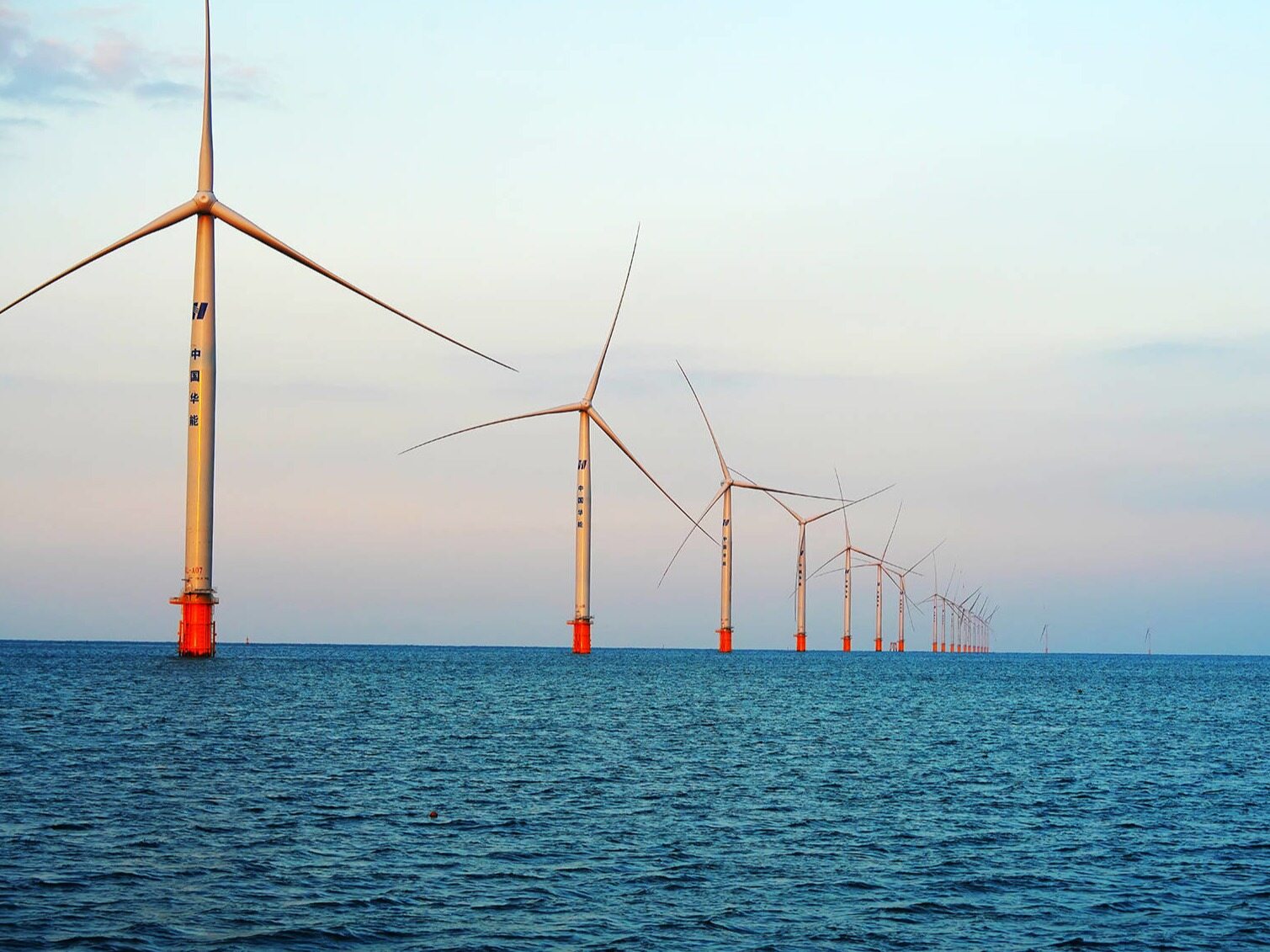
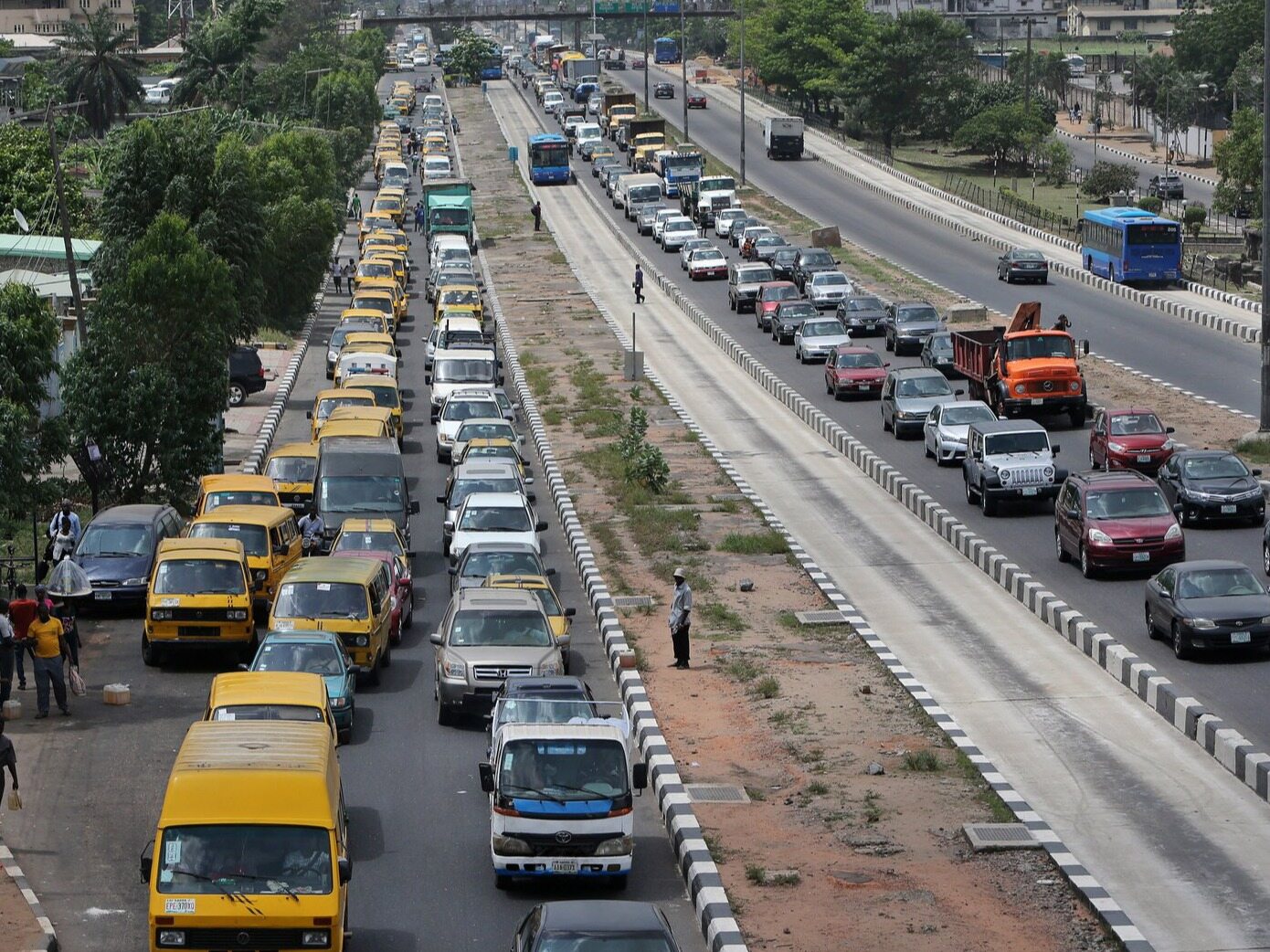
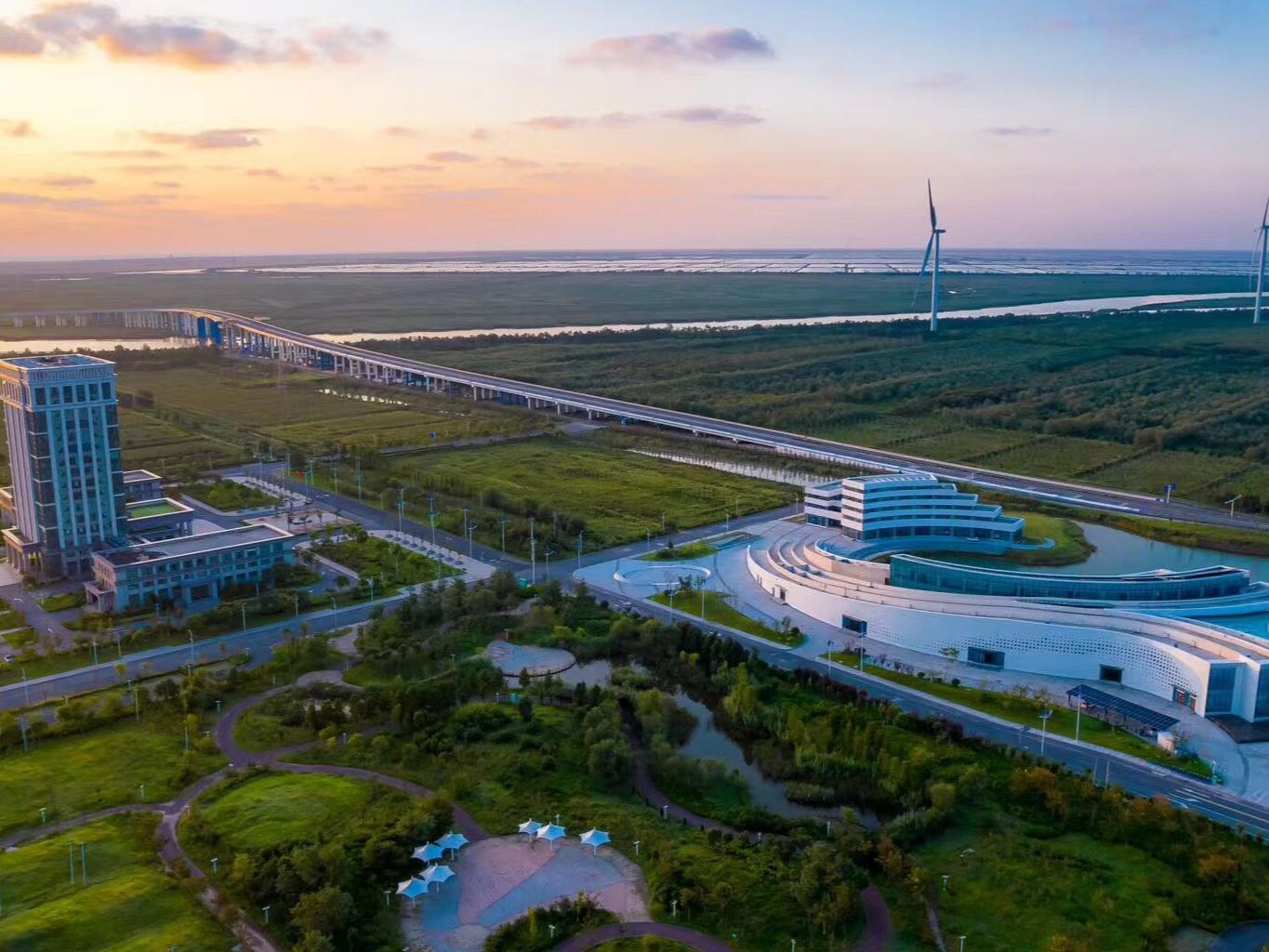
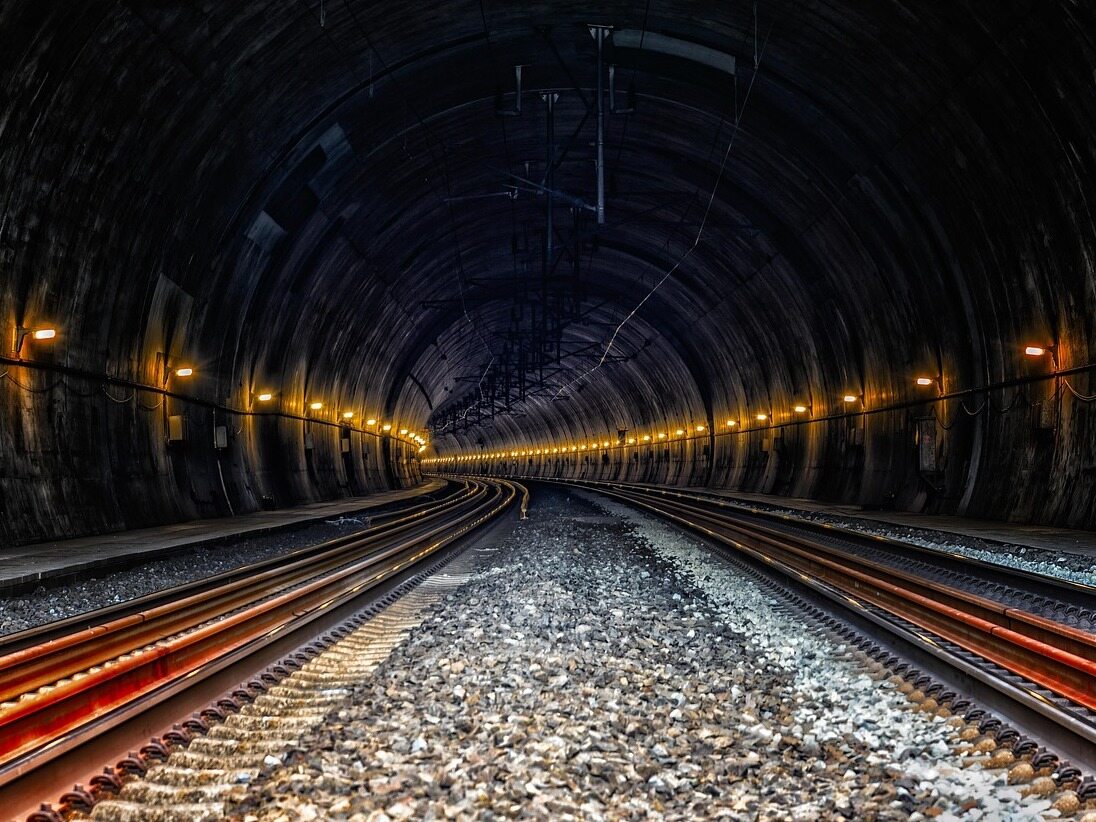






Write something~